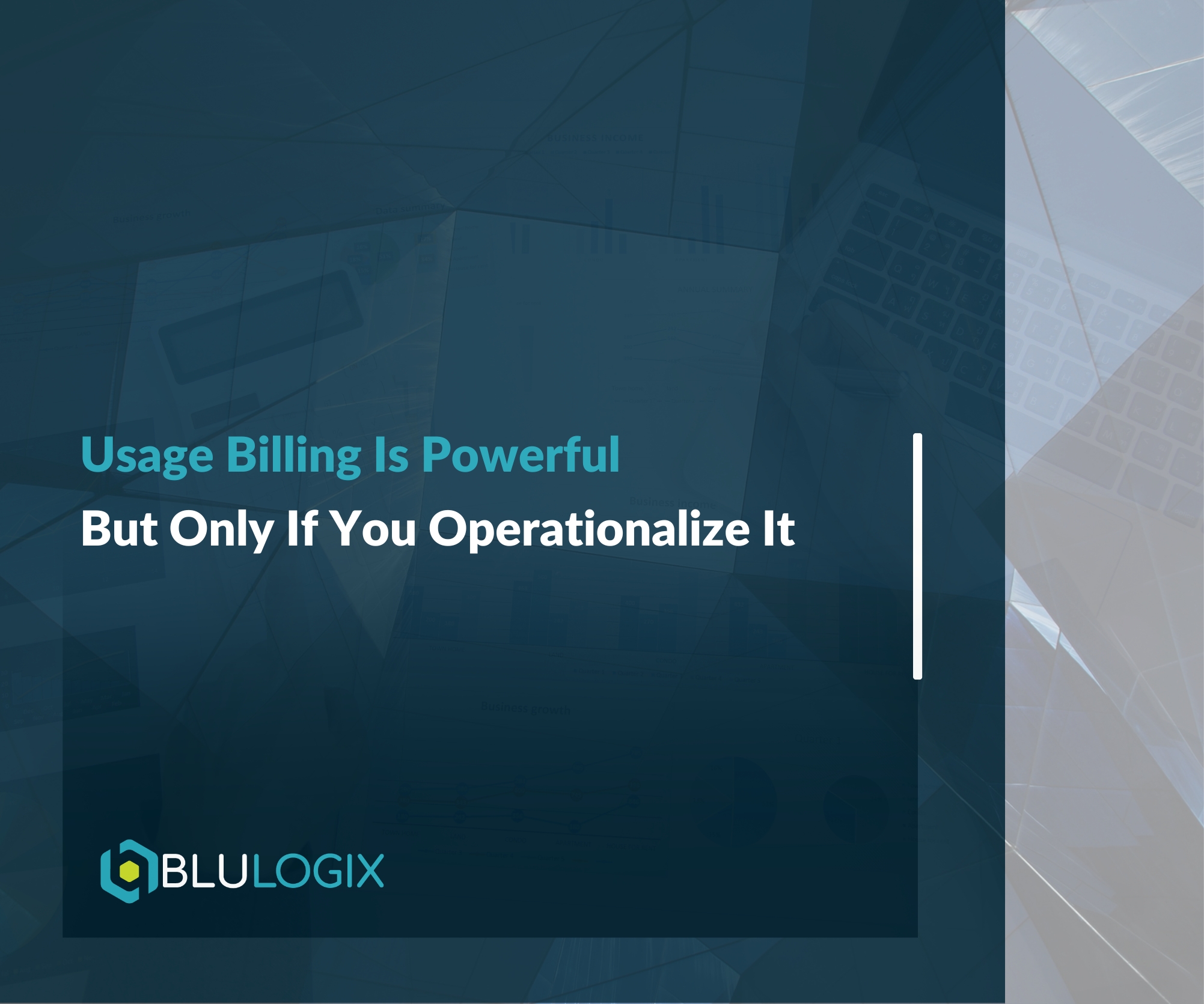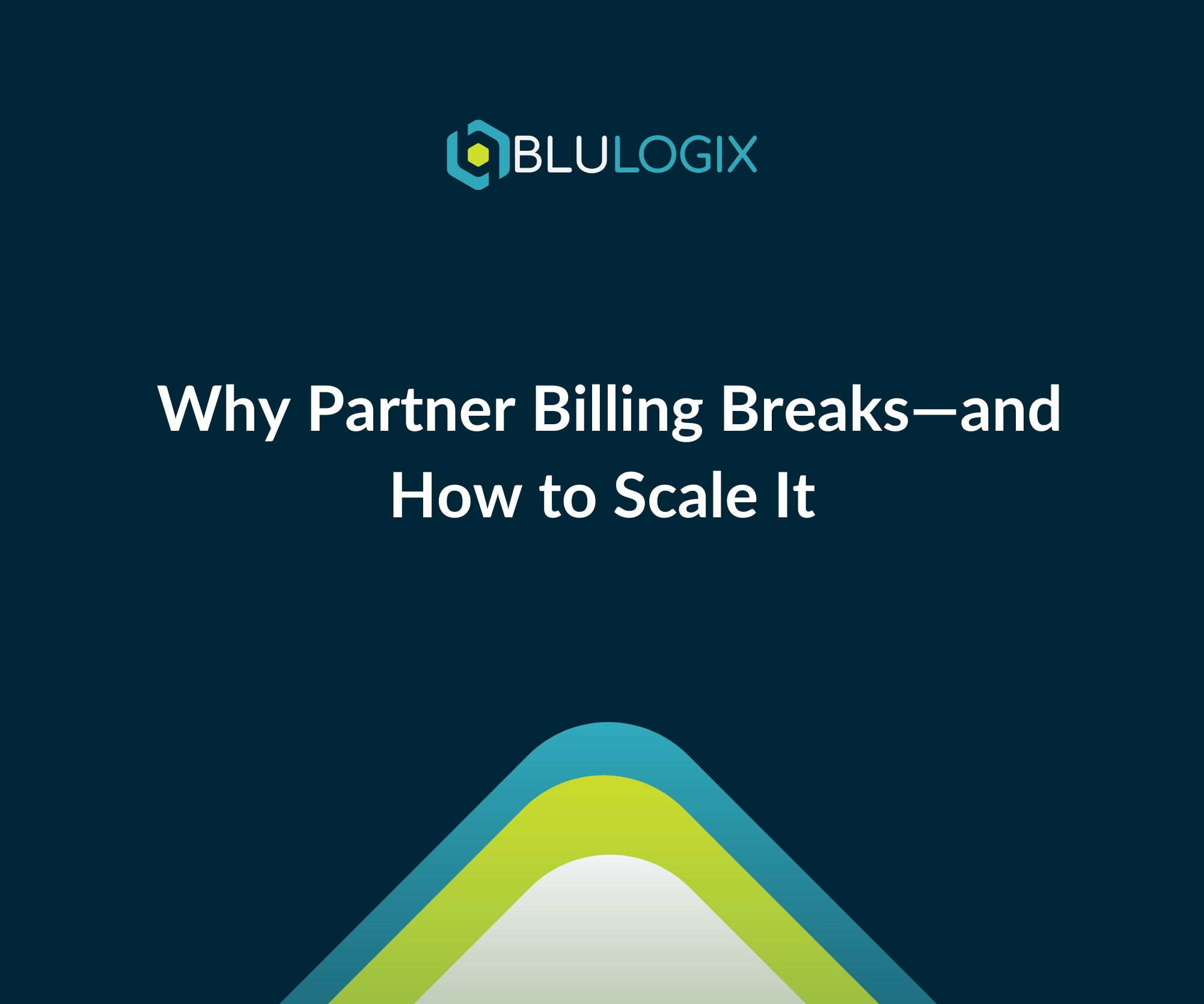Effective Partner Management: Driving Channel Success in UCaaS
Summary: Revenue management is a significant challenge for UCaaS providers due to dynamic pricing, fluctuating usage, and multi-tiered services. Learn how UCaaS companies can use data analytics to transform their revenue management—accurately predicting revenue, optimizing margins, ensuring compliance, and enhancing financial visibility. By leveraging these tools, UCaaS providers can improve profitability, streamline operations, and gain a strategic advantage in a competitive market.
Ready to see how BluIQ can transform your billing process and help you achieve integrated, automated, and accurate complex monetization? Schedule a demo with a BluLogix billing expert today and take the first step towards revolutionizing your revenue management.
Leveraging Data Analytics: Unlocking Revenue Optimization for UCaaS Providers
Revenue management is a complex challenge for UCaaS providers, involving dynamic pricing, varying usage patterns, and different subscription tiers. Effective management of these elements is essential for financial stability and growth. To navigate this complexity, UCaaS companies can leverage data analytics to enhance revenue visibility, optimize profitability, and ensure compliance with industry standards.
Learn more about how revenue management can transform the financial strategies of UCaaS companies—from accurate revenue predictions to margin analysis and compliance.
The Complexities of Revenue Management in UCaaS
The financial landscape for UCaaS providers is anything but straightforward. The challenges of revenue management include:
- Revenue Uncertainty: With subscription renewals, upsells, and fluctuating usage, accurately predicting revenue can be difficult.
- Margin Erosion: Without granular insight into costs and margins, profitability can suffer—especially in multi-service environments.
- Manual Compliance Efforts: Revenue recognition often involves significant manual work to align with regulations, increasing the risk of errors.
- Siloed Financial Systems: Financial data is often scattered across systems, limiting visibility and making it hard to maintain accuracy.
Solutions for Effective Revenue Management
Data analytics can help UCaaS providers effectively address these challenges by streamlining financial processes and providing the data-driven insights needed to optimize revenue. Here are some key components of an AI-driven revenue management strategy:
- Revenue Prediction
Accurate revenue prediction is crucial for planning and stability. Leveraging data to predict revenue, using real data such as subscriptions, usage metrics, and renewals, allows UCaaS providers to project their revenue with more precision. This goes beyond basic estimates – data-driven projections can provide nuanced insights based on various factors like billing frequency, customer behavior, and historical data.
- Real-Time Projections: Use data to predict revenue for different time frames (monthly, quarterly, annually) to improve planning.
- Scenario-Based Insights: Adjust predictions based on factors like customer segments or product lines to understand the implications for different areas of the business.
To maintain healthy profitability, it’s essential to understand costs and margins at a granular level – at the customer, product and service, bundle, price plan and more. Data – driven margin analysis helps UCaaS companies track costs, assess the profitability of each product or service, and identify opportunities to improve margins.
- Granular Profitability Insights: Break down margins for individual products or services to identify what’s contributing most to your bottom line.
- Customer Segmentation: Analyze customer profitability to identify potential opportunities for upselling or optimizing pricing strategies.
- Revenue Recognition and Compliance
For UCaaS providers, ensuring compliance with revenue recognition standards (like ASC 606 and IFRS 15) is a key aspect of financial management. Automating revenue recognition processes with AI reduces manual errors and ensures compliance, while also speeding up financial closes.
- Automated Recognition: AI helps automate revenue recognition for complex, multi-component transactions, reducing manual intervention.
- Adaptable Compliance: Align revenue recognition with global accounting standards, and adjust recognition schedules as needed to fit unique business models.
- General Ledger (GL) Integration
Revenue management often requires integrating financial data from multiple systems to maintain accuracy and consistency. AI-driven GL integration can automate data synchronization between billing, CRM, ERP, and financial systems, ensuring consistency and real-time visibility.
- Automated Journal Entries: Keep financial records up to date with automated entries, minimizing manual reconciliation efforts.
- Two-Way Sync and Visibility: Ensure that data flows seamlessly across systems, allowing for better decision-making and more accurate financial reporting.
Benefits of Data-Driven Revenue Management
Leveraging data analytics for revenue management provides several benefits for UCaaS providers:
- Enhanced Revenue Visibility: Real-time insights and accurate projections give finance teams the ability to plan and manage cash flow with confidence.
- Improved Profitability: Detailed cost analysis helps identify underperforming products or areas for margin improvement, leading to a healthier financial position.
- Streamlined Compliance: Automating revenue recognition and financial integrations reduces the risk of non-compliance and manual errors, ensuring adherence to regulations.
- Agility in Strategy: AI-driven revenue management enables flexibility in adjusting margins, projections, and other financial elements in response to market changes.
Navigating the Path Forward in Revenue Management
In the fast-paced UCaaS market, staying ahead of financial complexities requires more than just traditional tools and manual oversight. Data analytics can empower UCaaS providers to gain real-time insights, automate critical financial processes, and make informed decisions that enhance profitability.
Revenue management isn’t just about numbers; it’s about creating a strategic advantage that allows UCaaS companies to grow sustainably, optimize their services, and adapt to ever-changing market dynamics. By investing in data-driven tools and practices, UCaaS providers can unlock new revenue opportunities, drive efficiency, and ensure a healthy financial future.
Ready to see how BluIQ can transform your billing process and help you achieve integrated, automated, and accurate complex monetization? Schedule a demo with a BluLogix billing expert today and take the first step towards revolutionizing your revenue management.

Usage Billing Is Powerful—But Only If You Operationalize It

Why Partner Billing Breaks—and How to Scale It


